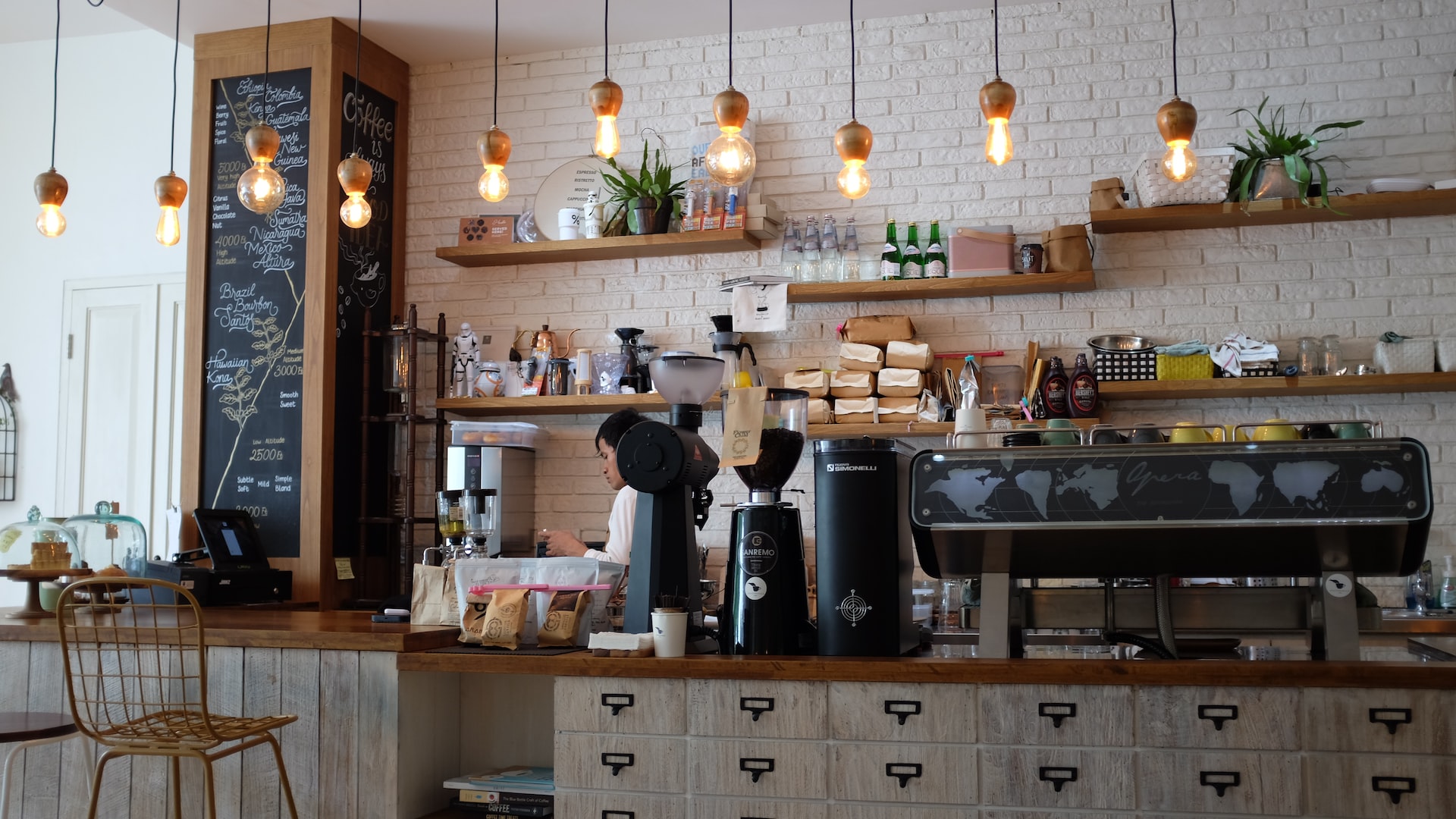Coffee has been a part of our lives for hundreds of years, and coffee shops have been places for local communities to share news and get together for just as long.
At Esquires we’ve worked hard to maintain that original ethos – a hub for the neighbourhood to enjoy amazing coffee in a friendly environment with remarkable service.
So where did the coffee shop originate and how has it evolved to become a staple in most communities? Join us as we take a look through the history of coffee, from the origins of the drink itself to today’s shops.
Arabian Coffee – The First Coffee and Coffee Shop
The first stop on our adventure through time is the discovery of coffee itself. Coffee is said to have been discovered in the forests of Ethiopia as early as the 9th century, but the way it was found is unclear. Some say that a goatherder’s flock didn’t want to sleep after eating the beans, while another tells of an explorer who noticed the vitality of birds who nibbled on the berries. Despite these native discoveries, coffee as we know it did not appear until the 15th century.
The first coffee shops are believed to have been founded in the Ottoman and Moroccan Empires, with the city of Cairo being a particular early hotspot for the drink. These were often set up by travellers bringing coffee to a region for the first time and were used by the Persians as places to talk about politics and enjoy simple games, away from the eye of rulers or authorities.

The First English Coffee Shop
It was Queen Elizabeth I who first brought coffee to England. During the late 1500s, she ruled over England and was a more compassionate ruler than her father, Henry VIII. She spent a large portion of her time strengthening the Empire’s ties with far-flung civilisations including the Ottoman Empire, of which many of her European allies were critical. Yet it was this relationship which saw trade flow between the two groups, bringing coffee to England for the very first time.
Initially, the response from English people to the drink was quite negative, as people were put off by the unusual bitter taste of pure coffee. However, the buzz of the drink soon became popular, and it quickly took off (how could it not?!).
By 1652, London's first coffee shop was set up by a merchant of Ottoman heritage. Established in London’s financial district, the shop quickly appealed to fellow merchants and so the trend for coffee houses, as they were called, began. Many of the early coffee shops in England were purveyors of a range of Ottoman and Turkish goods, such as sweets and tobacco. Coffee was seen as part of a wave of Asian influence that was perceived as somewhat rebellious at the time and was widely embraced by artists of the period.
The Importance of Coffee in British History
As the coffee drinking business continued to flourish, the houses soon began to be seen as rivals to the classic British institution, the pub. These new establishments were seen to have a sense of class and dignity that the tavern could not match. As in the Ottoman Empire, British coffee houses became places for debate and conversation, with the term ‘penny universities’ widely used to portray the manner of social exchange being held in these locations.
While liberal leaders such as Queen Elizabeth I allowed these places to thrive, they did not satisfy everyone. Lacking any social hierarchy, the growth of the coffee house was seen as a beacon for equality, which was viewed by Charles II as a threat to the monarchy. In 1675, he wanted to ban them altogether, however, the public outcry that followed – from business and the general public – meant that his decision was quickly overturned.

The Global Revolution
In the 17th century, the coffee shop movement started to grow globally, arriving in countries such as Italy and America. In the early 1900s, Italian Luigi Bezzera created the earliest form of the modern espresso machine, the name arriving thanks to the speed with which the drink could now be created. In the 1920s these machines were brought to America, which marked the beginning of the modern coffee shop as we know it.
Looking back, it seems that our coffee shops today are not all that different to those first places that opened hundreds of years ago. They are a hub for the local community, a place to escape the world yet, at the same time, connect with it on a much deeper level.
Esquires coffee shops embody the spirit of community and debate, they are a place for friendships to thrive and for pioneering thinking to flourish. But perhaps most importantly, they are a destination for amazing coffee and exceptional service, and present a wonderful franchise business opportunity for you!






